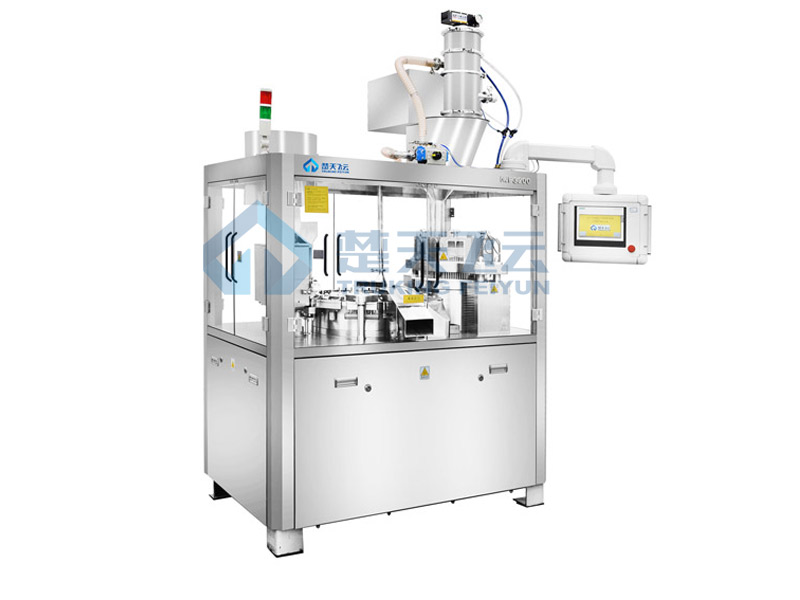Products Search
Product recommendation

NJP3200 Full-Automatic Capsule…

NJP2200 Full-Automatic Capsule…
High-tech enterprises and household appliances enterprises which located in Europe, America and Japan are in the transitional period, rely on the advantages of precision manufacturing, high-tech and artificial intelligence, and have already seized the forerunner of the development of the robot industry. They are rapidly laying out the product areas of "intelligent robots". According to the relevant authorities, 20 years later Only Japan's"robot assistant" market will reach $3.7 billion, and today it is close to $200 million. The growth has been helped by a $20 million government grant to support corporate transformation, with the expectation of mass production of "robotic assistants" and a market price of less than $900 per set (equivalent to the price of a large-screen TV) so that more ordinary families can apply them to day-to-day rehabilitation care or health management.
For example, Panasonic has pioneered a market segment in the field of elderly care and helping the elderly, namely intelligent robot bed plus wheelchair. The product is positioned in the elderly living room and assists in simple outdoor activities. Usually, it is not convenient for the elderly to get up and walkwhile the unique function of Panasonic intelligent robot bed plus wheelchair is to change the old man's bed into a smart wheelchair. Moreover, it can control their access to the apartment for the aged and the nursing home. Panasonic predicts that the smart bed plus robotic wheelchair will grow 8-10 times in 10 years. In addition, the intelligent robot positioning of the company is also the living room of the elderly, such as going to the bathroom, picking up the elderly from the bed into the seat, and so on. In addition, the company also pioneered the ISO 13482 Quality Standard System for intelligent robots.
We can see from above two cases, intelligent robot products are intended to solve practical problems. Those that need to be addressed must be faced with a shortage of artificial labor, or the rationalization of the use of effective labor in society (remember, the quality of human would be less than robot in society!). In addition to the living and simple outdoor activities that Panasonic and Yukawa have identified that the elderly need social activities, or more specifically, intelligent robot companions. Robot is a human slave. One of the biggest difficulties in developing such robot products is personalization, it use the modern buzzword is precision. Every elderly person, even every day, may have different emotional and life needs (as opposed to basic needs like living and going to the bathroom). As a result, medical scientists, psychologists, health management experts and artificial intelligence experts seem to be in a dead end because they have never been able to build intelligent robots that can satisfy such individualities. Perhaps, it meets the need for intelligence, but makes super intelligent robots cost between $200,000 and $300,000 per unit. It seems that the design of intelligent robots for supporting the elderly needs to be further developed.